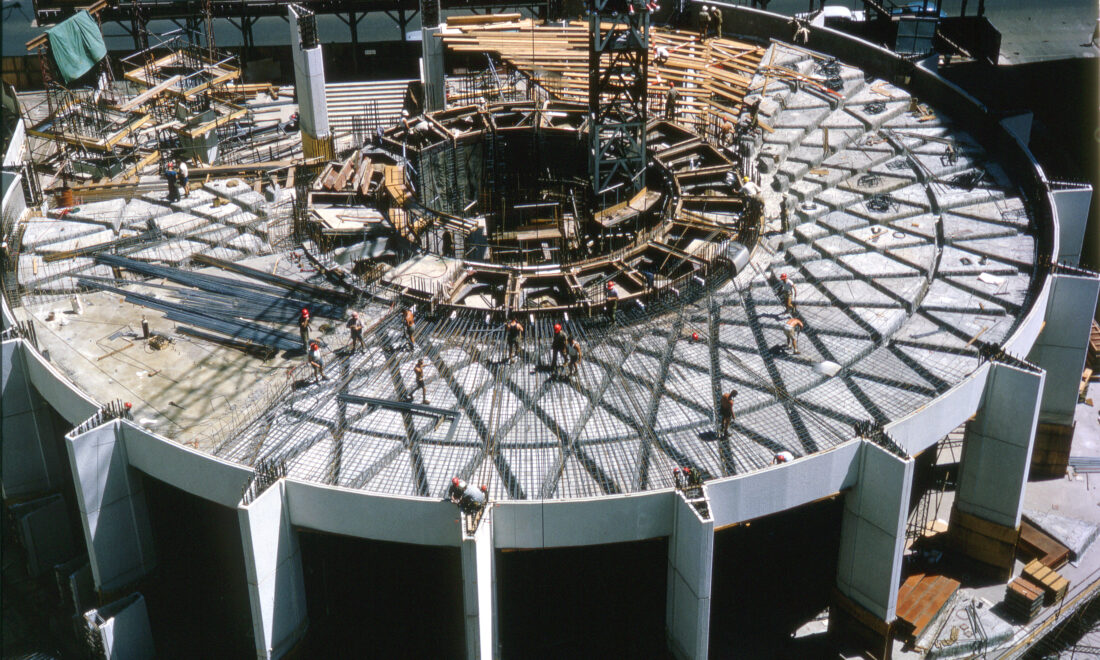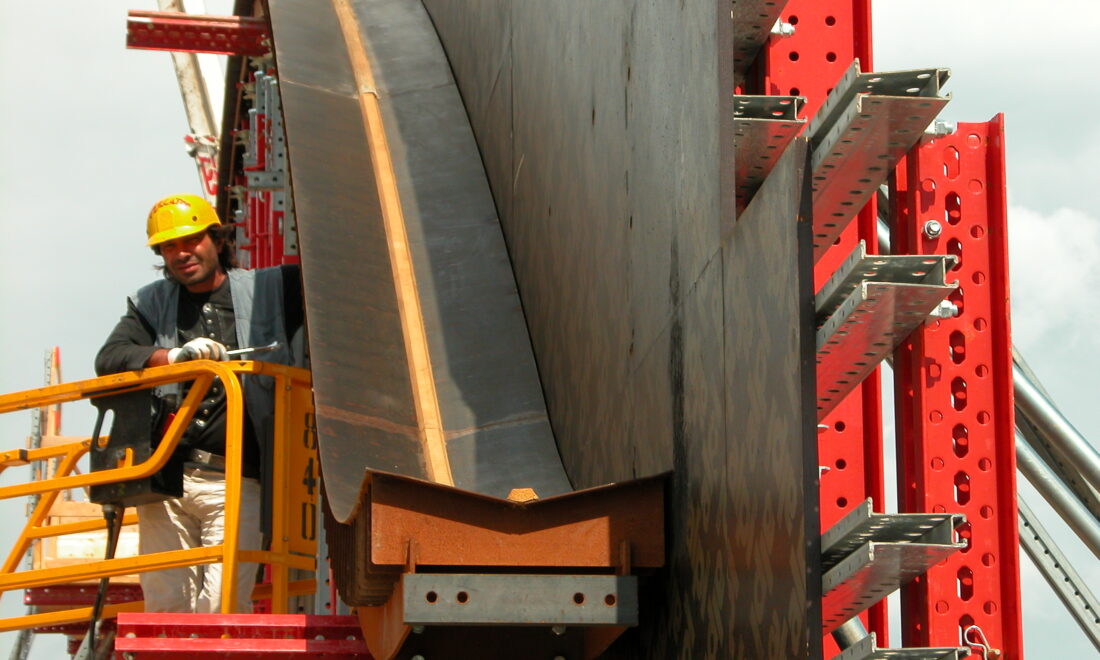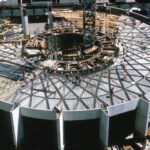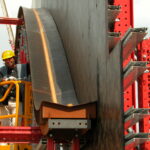Computation and Construction in Architecture (CoCoA) Lab
School of Architecture, Design and Planning
School of Architecture, Design and Planning







Past/Future Construction draws on the notion of continuity between past and future and adopts historical and contemporary building experiences to comprehend how Construction Knowledge Capital is informed, theorised, contaminated and transferred. It aims to capture the intellectual value expressed in the act of building and detect the presence of behavioural characteristics driving or hindering construction innovation.
Any act of building is connected to all others, and its success depends ultimately upon improving the overall conditions of shared knowledge and human relationships on which the production of the built world depends.
Howard Davis, 2006.
The research stream frames construction as both an intellectual discipline and empirical experience animated by a highly complex community. Socio-technical centred, the research considers design and technical factors as well as social relationships between stakeholders, including researchers, designers, clients, builders and manufacturers. The underlying premise of socio-technical thinking informs a research agenda based on cross-referencing planning, design and construction activities to explore new research protocols and methodologies, and establish new points of departure for researchers, practitioners and industry to work together.
Research methods include archival research, current theories, and empirical studies, including monitoring construction sites, surveying design practices and models, and post-evaluating buildings construction to evaluate and enhance the past, present and future of construction.
Practically, we focus on exploring, mapping and discussing